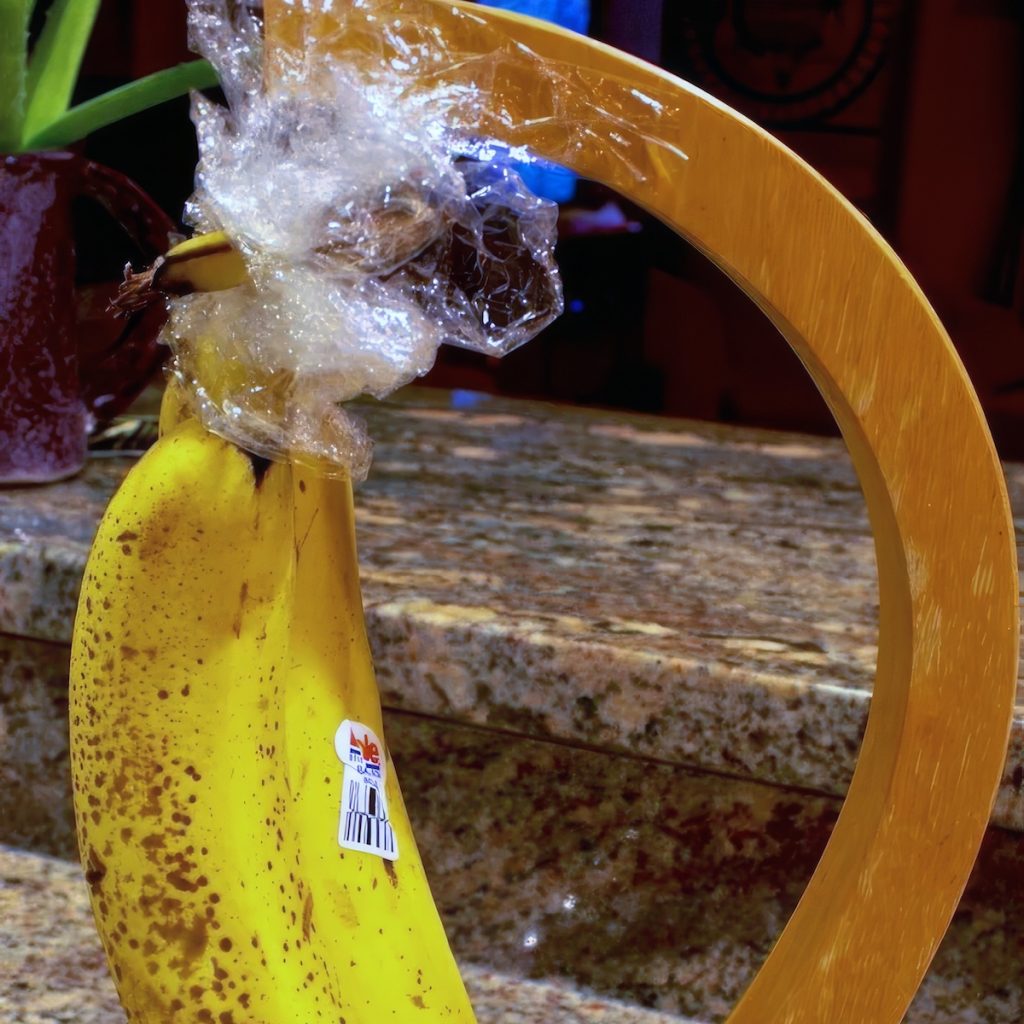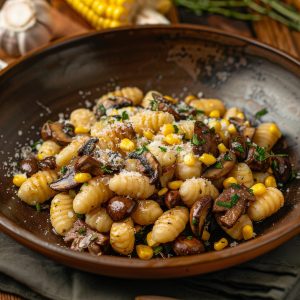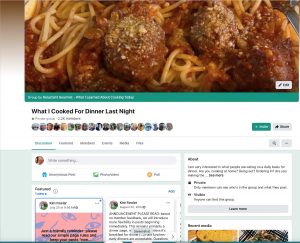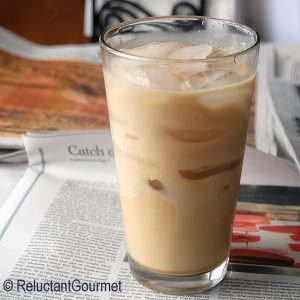Do Your Bananas Ripen Too Soon?
Our house always has bananas on hand for banana pancakes, fruit bowls, smoothies, or a topping on cereal and granola. But, most likely, by the end of the week, there are a couple of over-ripe, brown bananas no one wants to eat, so they sit there.
Lucky for us, my wife makes excellent banana bread and banana muffins so these bananas go into the refrigerator until my wife finds time to bake. But now, we are banana-less until someone shops for more. No problem, but wouldn’t get a longer shelf life for these over-ripening bananas be excellent?
How Bananas Ripen
Bananas are a fruit known for their yellow peel and sweet, creamy flesh. Like most fruits, bananas begin to ripen once picked from the tree. This process is known as ripening and is caused by producing ethylene gas. Ethylene is a natural hormone produced by the banana itself and is responsible for softening the fruit and developing its sweet flavor.
Ripening typically begins at the banana’s stem end and works toward the tip. As the banana ripens, the peel turns green to yellow and eventually brown. The flesh of the fruit will also become softer and sweeter. While some people prefer to eat their bananas when they are fully ripe, others like to eat them while they are still firm and slightly green.
Tips For Keeping Bananas Longer
So, how can you prevent bananas from ripening? The key is to slow down the production of ethylene. There are a few different ways to do this:
- Store bananas separately: Bananas produce more ethylene when they are stored together. To prevent them from ripening too quickly, try to store them separately from other fruits and vegetables.
- Keep them cool: Bananas ripen faster at warmer temperatures. Store them in a cool, dry place to slow the ripening process. A pantry or basement is a good option.
- Avoid exposing them to ethylene: Ethylene is a gas, so other fruits and vegetables can easily absorb it. To prevent your bananas from ripening too quickly, try to store them away from other ethylene-producing foods, such as apples, avocados, and tomatoes.
- Remove the stem: The stem is a banana’s primary source of ethylene production. By removing the stem, you can slow down the ripening process. To do this, gently twist the stem until it comes off. Be careful not to damage the rest of the fruit.
- Use a banana keeper: A banana keeper is a plastic container designed to keep bananas fresh for longer. It works by trapping the ethylene gas produced by the bananas, which slows down the ripening process. Place your bananas in the container and close the lid to use a banana keeper.
- Plastic wrap. The bananas in the photo above were purchased five days earlier, and although you can see them starting to spot, by now, those spots would be much larger and the skin turning brown. I need to do a test and see how many days I can keep them this way before they become overripe. This technique works because when bananas ripen, they produce ethylene gas naturally, which controls enzymatic browning. It is this gas that prematurely ripens the rest of the banana. The plastic wrap helps prevent the ethylene gas from reaching the rest of the banana and slows down ripening.If you separate the bananas from the bunch and wrap the stems in plastic wrap, they will last even longer. However, I have been told that if you wrap the entire bananas individually with plastic wrap, the process is slowed down, but I don’t see that as a viable solution.
Try It Yourself
So next time you purchase a bunch of bananas and want to keep them from ripening too quickly, wrap the cut end of the bunch with some plastic wrap and see if it works for you.
Let me know your results, and if you have any other tips for preventing browning, please share them below.
















11 Responses
Wrapping the stems in plastic traps the gasses, and this method actually makes the bananas ripen faster by keeping the gasses closer to the banana. I have tested this multiple times since we tried your method one time, and the next day our bananas were much riper than usual. To test, we purchased several large bunches and split them in half. One half were wrapped in plastic as suggested, the other half were unwrapped. The wrapped halves of bunches ripened twice as fast every time. The best method we have found is to separate each banana and store them in a hanging basket to get plenty of fresh air.
Hey Matt, thanks for sharing your experience but we had the exact opposite results and find the bananas last much longer when we wrap just the bottom of the stems. I’ll be interested in hearing from other home cooks and see what their experiences are. Your method of separating each banana sounds like a great idea too. I’ll have to give it a try but unfortunately we don’t have a hanging basket to store them.
Same here Stephen it really works
I accidentally discovered that if you just leave bananas in a plastic bag they don’t ripen as fast. I left some in a bag for about three days & they looked like bananas that had been hanging on banana stand overnight. No need to take the time to wrap individual stems!
I found that if I use those green bags “Debbie ?)I can store bananas
up to one week I tried aluminum foil it didn’t work I’ll try plastic wrap
next time
Josseph, let us know your results please.
Wow this is a very helpful blog post. I love bananas!!! So every tip is useful for me.
I have a lot of video tutorials about fruit stuff too and I would love it if you would come over and check it out and let me know what you think.
So you are saying that wrapping just the stems does work right???
Yes.
My problem is that many kinds of fruit and veggies rotten way too early, so I think they are being exposuded to some gas. What should I test for, I am wasting food and money and maybe family health.
thank you reluctantgourmet for giving me wonderful information